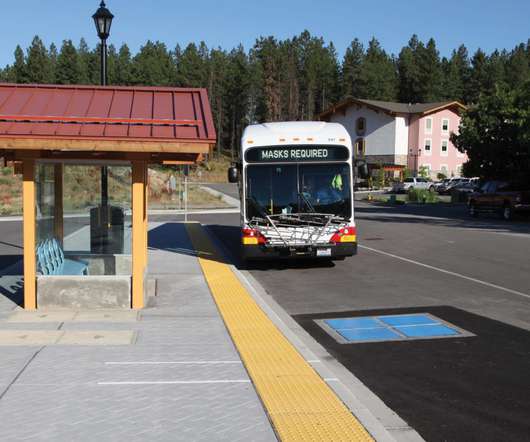Testimony: Why I like my electric vehicle
Electric Auto Association
MAY 3, 2022
As gas engine powertrains typically have 100 times the number of parts of an EV powertrain, I have only paid $300 for maintenance: comprising three tire rotations and one cabin air filter, after four years of ownership. I love that my EV is so efficient: EVs convert over 77% of the electrical energy from the grid to power at the wheels.












Let's personalize your content